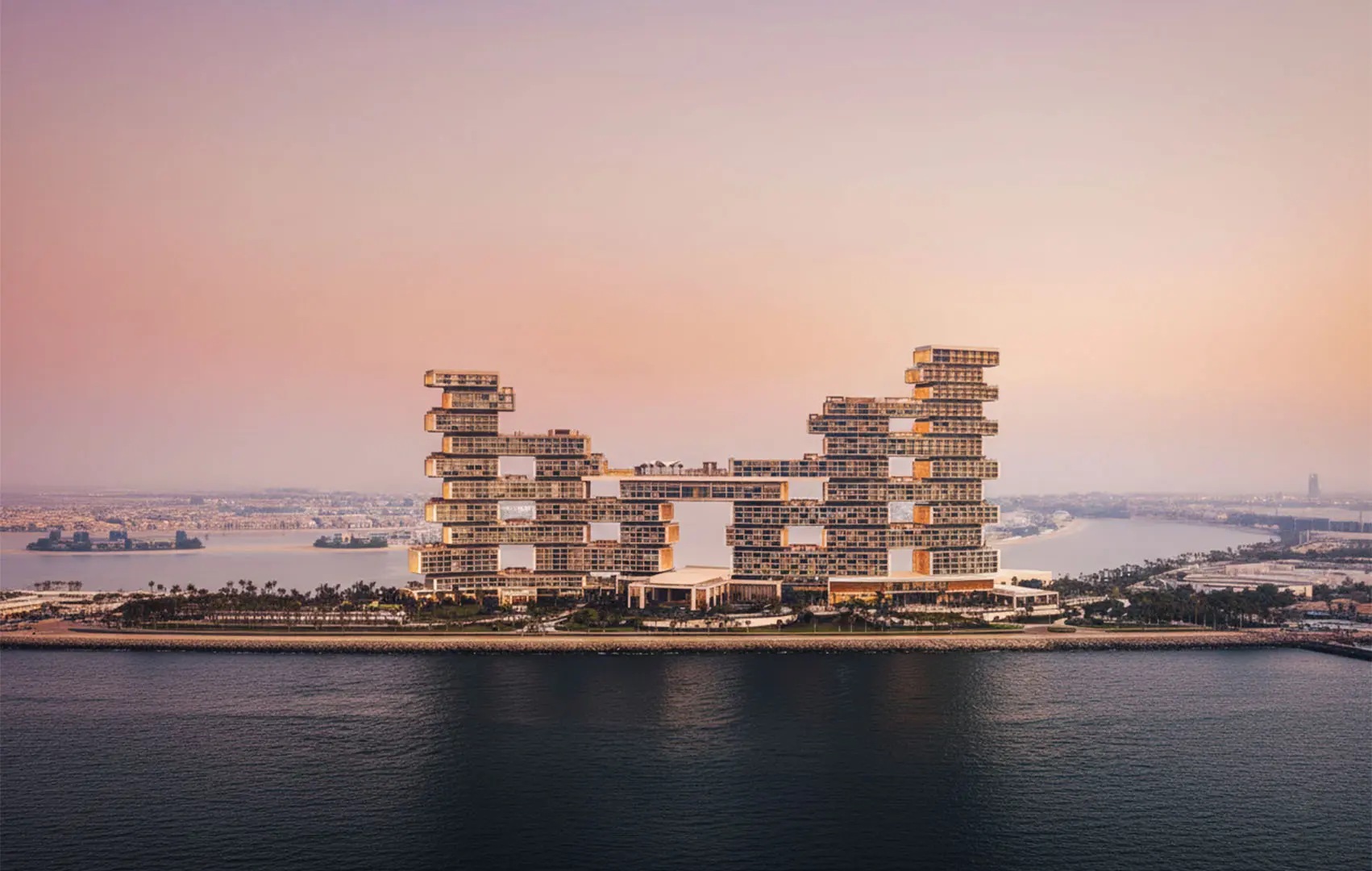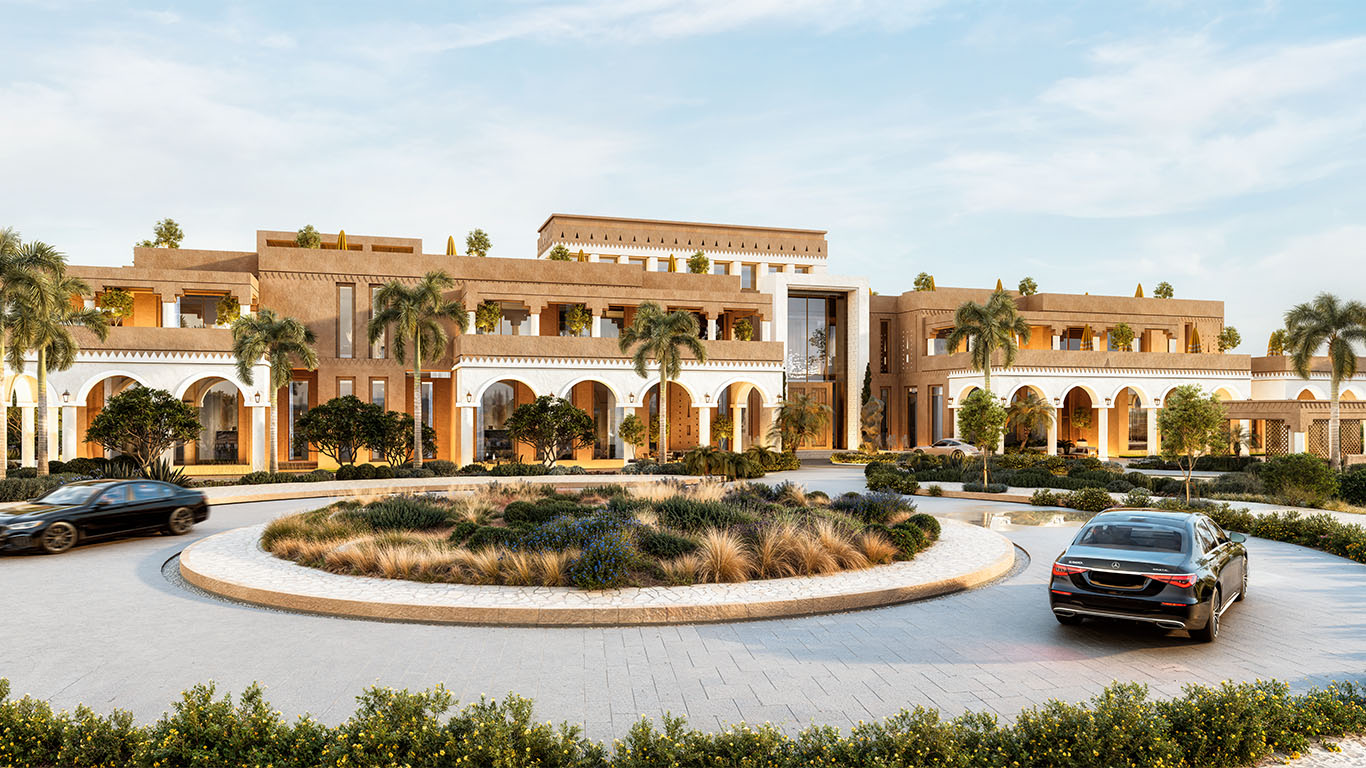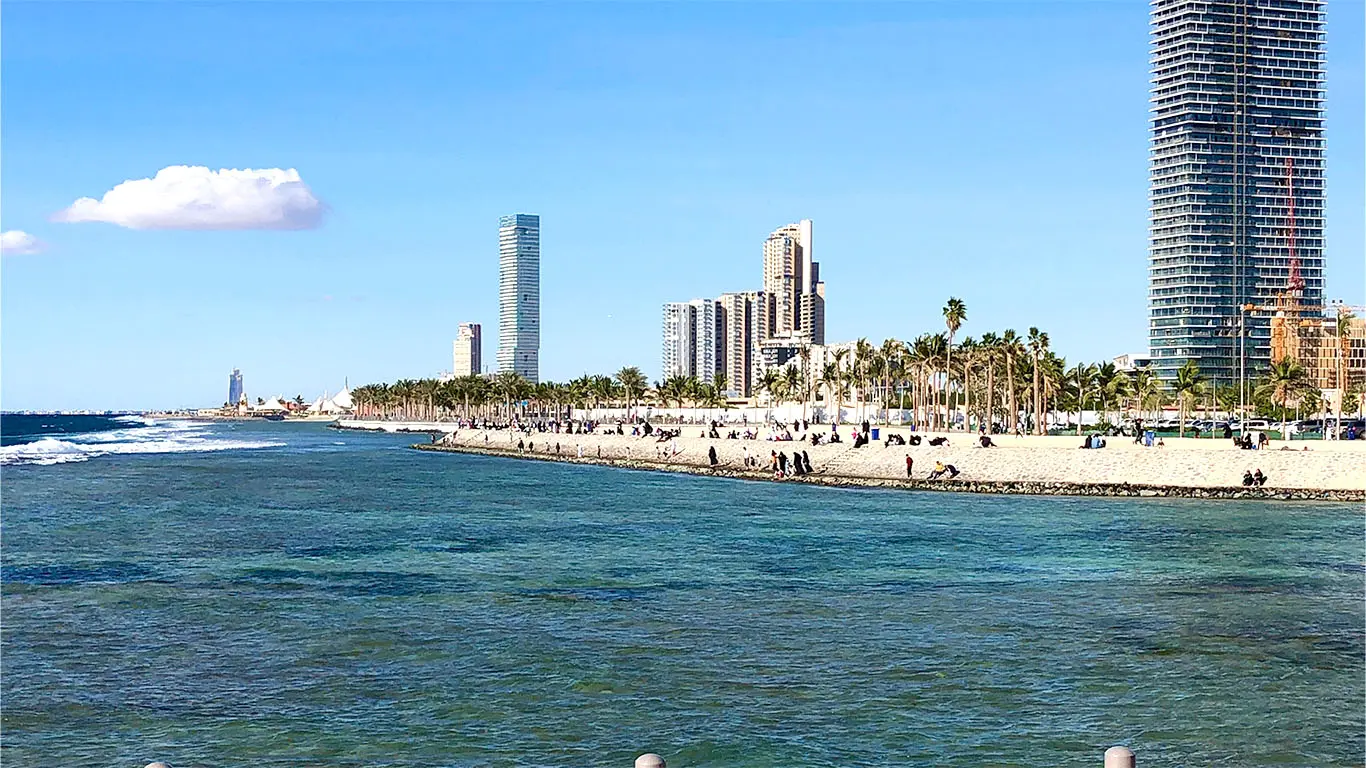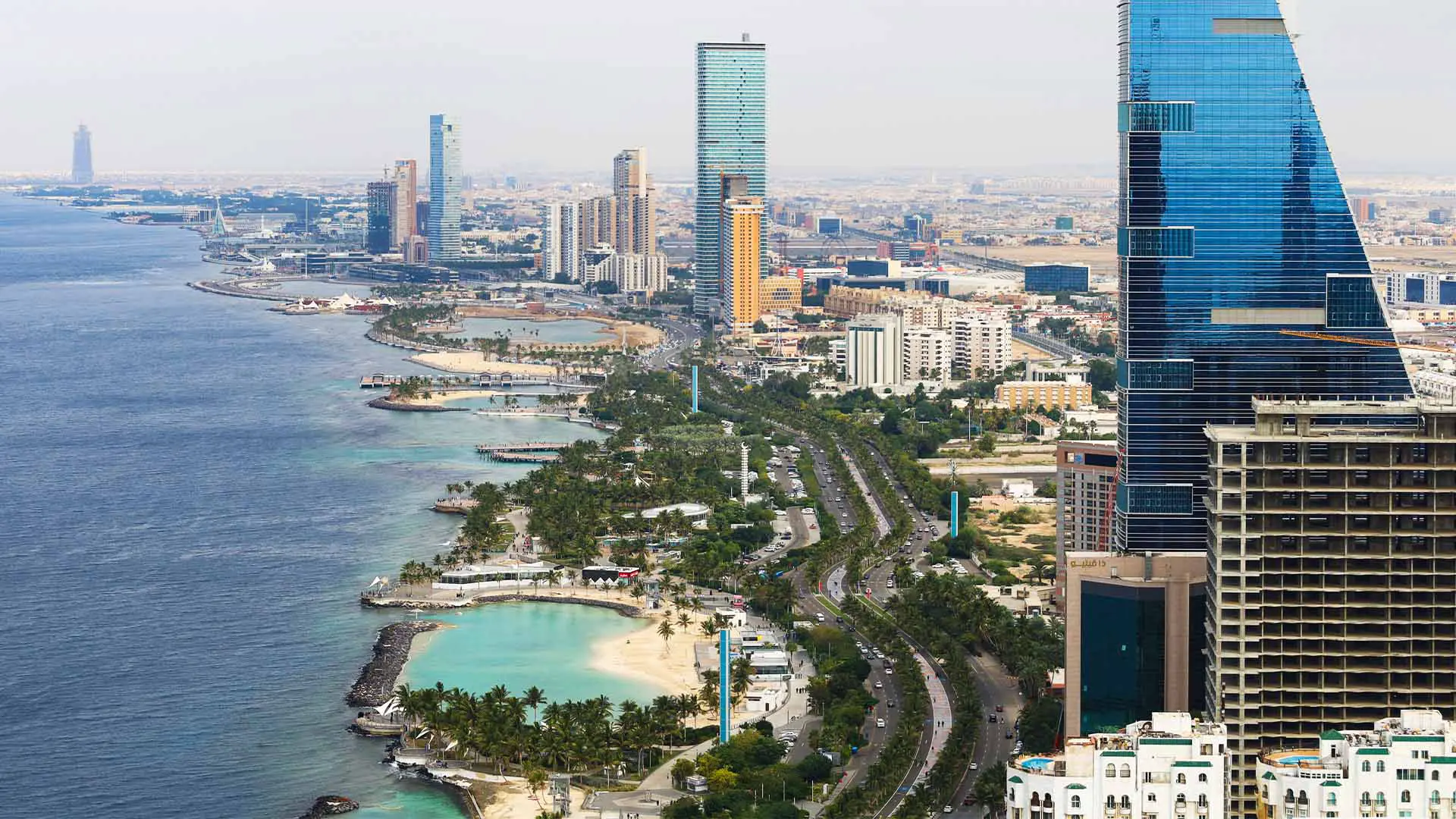
Oman Becomes First GCC Country to Tax Personal Income
On June 22, 2025, Royal Decree No. 56/2025 confirmed what many anticipated, Oman will implement a 5% personal income tax starting January 1, 2028. This makes Oman the first Gulf Cooperation Council nation to tax personal income, targeting individuals earning above OMR 42,000 (approximately $109,000) annually.
This change affects only the top 1% of earners, both Omani citizens and expatriates, while 99% of residents remain exempt due to the high threshold.
Why This Matters for Your Investment Strategy
The tax introduction reflects Oman's Vision 2040 strategy to diversify its economy beyond oil and gas, which currently account for 70-72% of state revenue. Similar clients navigating economic transitions have found that such diversification efforts often create new investment opportunities, particularly in real estate and tourism infrastructure.
Current Tax Landscape - What Remains Attractive
Despite the new personal income tax, Oman maintains several investor-friendly policies that continue to make it compelling for property investment:
Zero Capital Gains Tax for Individual Investors
Capital gains from property sales remain tax-free for individuals unless derived from business activities. This fundamental advantage preserves one of the market's most attractive features.
No Inheritance Tax Structure
Oman applies inheritance laws from the investor's country of origin without imposing additional inheritance taxes, a significant consideration for cross-generational wealth planning.
Property Transfer Costs Remain Reasonable
A 3% stamp duty applies to property transfers, payable to the Ministry of Housing. For context, a OMR 100,000 property incurs OMR 3,000 in transfer costs.
Rental Income Benefits Continue
Municipal tax on rental income ranges around 3% depending on local regulations, but individual landlords remain exempt from personal income tax on rental income until 2028.
VAT Exemptions Preserve Value
The 5% VAT introduced in 2021 applies to commercial properties, while residential property transactions remain exempt, maintaining affordability for the market's core demand.
Strategic Opportunities in Free Zones and Special Economic Areas
What would make Oman feel like exactly the right choice for your portfolio three years from now? Often, it's the unique advantages that other markets cannot replicate.
Duqm Special Economic Zone
This 800-square-mile development offers up to 30 years of corporate tax exemptions, no customs duties, and 100% foreign ownership. Similar clients have achieved remarkable results by positioning early in developing economic zones.
Integrated Tourism Complexes (ITCs)
Projects like Al Mouj Muscat and Muscat Hills provide 6-8% rental yields while offering Golden Visa eligibility for long-term residency. These developments combine lifestyle appeal with tax optimization.
Free Zone Benefits
Sohar and Salalah free zones continue offering 25-30 years of corporate tax exemptions, particularly valuable for investors structuring through corporate entities.
Market Performance - Real Numbers Behind the Opportunity
Let me share what's happening with actual market data that demonstrates Oman's resilience:
Real estate transaction values rose 28% year-over-year to OMR 3.1 billion ($8.05 billion) in 2024. This growth occurred before major infrastructure projects reach completion, suggesting strong underlying demand.
S&P Global upgraded Oman's credit rating to BBB- in September 2024, signaling improved economic stability and reduced investment risk.
Addressing the Concerns - What the 5% Tax Really Means
Limited Direct Impact
The OMR 42,000 threshold ensures minimal direct impact on property investors, as rental income and capital gains remain tax-free for individuals.
Available Deductions Reduce Burden
Deductions for education, healthcare, housing, zakat, and charitable donations maintain disposable income for high earners considering property investment.
Three-Year Planning Window
The 2028 implementation date provides substantial time to optimize investment structures, particularly in tax-advantaged areas like free zones.
Potential Indirect Effects
High-earning expatriates may face reduced disposable income, potentially affecting demand for luxury properties in Muscat. However, this creates opportunities in mid-range residential properties (OMR 50,000-150,000) where demand remains price-sensitive and stable.
Practical Investment Strategies
Focus on Tax-Advantaged Areas
Investments in Duqm, Sohar, or ITCs like Al Mouj Muscat benefit from tax exemptions while offering competitive 6-8% rental yields and Golden Visa eligibility.
Diversify Property Types
Balance residential properties (VAT-exempt, stable expatriate demand) with commercial opportunities (7-9% yields in developments like Al Khuwair Downtown Waterfront).
Structure for Efficiency
Consider real estate fund structures to capitalize on the suspended withholding tax on dividends and interest, enhancing net returns for international investors.
Target Growing Segments
Oman's tourism strategy aims for 5% of GDP by 2030 and 10% by 2040, creating sustained demand for both residential and commercial properties supporting this growth.
Comparing Regional Opportunities
Similar clients often ask how Oman compares to other GCC markets:
Oman offers 5-7% rental yields compared to Dubai's 6-8%, but with lower entry costs and potentially less market volatility.
The population base of 5.3 million provides a more intimate market scale compared to the UAE, potentially offering better opportunities for investors seeking less crowded segments.
Foreign ownership restrictions limit options to ITCs and certain commercial buildings in Muscat, requiring strategic site selection but also potentially reducing oversupply risks.
Vision 2040 and Investment Implications
Oman's economic diversification creates several converging trends:
Tourism infrastructure development supports both residential and commercial property demand. Major projects like Duqm and expanded Muscat developments provide multiple entry points across different price ranges.
The focus on becoming a logistics hub between Asia, Africa, and Europe positions Oman for sustained economic growth beyond oil dependency.
Cultural preservation combined with modernization appeals to both expatriate residents and international visitors, supporting rental demand across property types.
Key Considerations
What would make this opportunity feel exactly right for your investment goals?
Consider your income structure, if personal income exceeds OMR 42,000 annually from non-property sources, factor the 5% tax into your planning while recognizing the substantial deductions available.
Evaluate your investment timeline, the three-year window before tax implementation allows strategic positioning in tax-advantaged areas.
Assess your risk tolerance, Oman offers potentially less volatility than some regional markets while maintaining growth potential through economic diversification.
Guidance for International Investors
Following our experience with similar market transitions, successful investors typically:
Engage local expertise early to navigate municipal tax variations and optimize foreign ownership structures within legal frameworks.
Monitor expatriate migration patterns as even modest tax changes can influence regional competitive dynamics.
Structure investments to benefit from current advantages like withholding tax suspension and free zone incentives while these remain available.
Focus on properties supporting Oman's economic diversification rather than purely speculative investments.
The Bottom Line
Oman's introduction of a 5% personal income tax represents a measured approach to economic diversification rather than aggressive revenue collection. The high threshold, substantial deductions, and three-year implementation timeline demonstrate consideration for investor concerns.
For property investors, the fundamentals remain attractive: tax-free capital gains and rental income for individuals, VAT exemptions on residential properties, and substantial incentives in free zones and ITCs.
The key lies in understanding how these changes affect your specific situation and positioning accordingly. Whether that means focusing on free zones for tax optimization, targeting mid-range properties for stable demand, or structuring through real estate funds for enhanced returns depends on your individual circumstances and investment goals.

Become a member to Access our full network. The ultimate community for global investors.




























